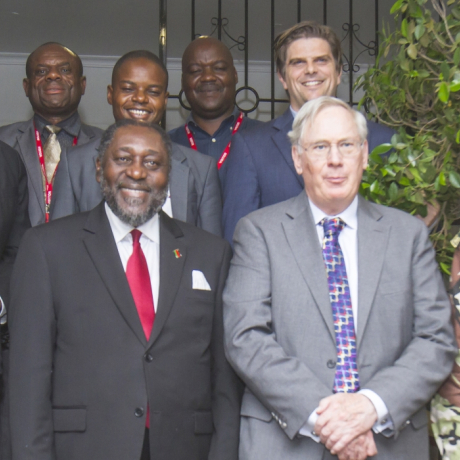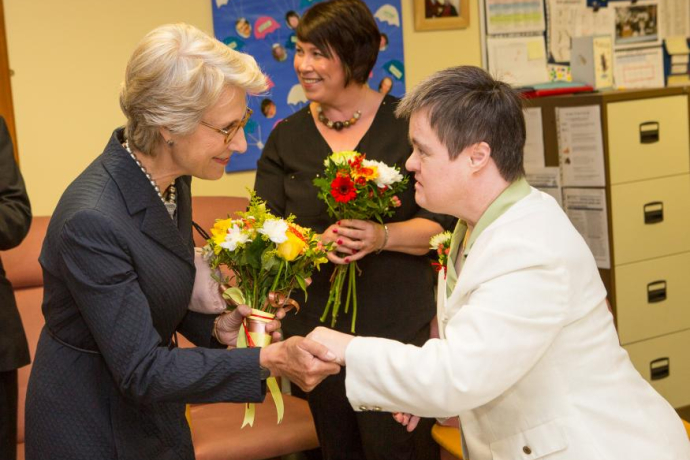One of the objectives of the visit was to highlight Malawi’s fight to combat illegal wildlife trade. As founding Patron of local charity, Lilongwe Wildlife Trust, The Duke has been a keen advocate for conservation in Malawi for many years.
His Royal Highness first visited the Lilongwe Wildlife Trust in 2008 just as their first project - the Lilongwe Wildlife Centre, Malawi’s only sanctuary - had opened. Since then, over 800 wild animals have been rehabilitated, the majority of which were released back into the wild.
The Trust’s remit has since grown in response to the emerging conservation challenges of the past decade, one being the need to combat serious wildlife crime. Malawi was recently identified as Southern Africa’s principal transit hub for illegal wildlife traffickers.
Key initiatives led by the Trust include the passing of new wildlife legislation as well as supporting the government’s first Wildlife Crime Investigations Unit.
The Duke’s wildlife itinerary, led by the British High Commissioner, H.E. Holly Tett, and Lilongwe Wildlife Trust, included:
- A high-level briefing on illegal wildlife trade at the British High Commissioner’s Residence
- Guest of honour at Lilongwe Wildlife Trust’s 10th anniversary celebrations
- Dinner at State House with H.E. Prof Arthur Peter Mutharika, President of the Republic of Malawi.
- A visit to Liwonde National Park to see the work of African Parks which included a demonstration by rangers (supported by the British Government), and the opportunity to see the newly introduced lions and meet Lilongwe Wildlife Trust’s Wildlife Emergency Response Unit.
The Malawi Parliamentary Conservation Caucus (MPCC) - a bi-partisan membership group of MP’s that have been driving conservation issues to the top of the political agenda - also played an active role in the Royal Visit.
For more information on Lilongwe Wildlife Trust, please go to www.lilongwewildlife.org. Their most recent impact report can be read here:




